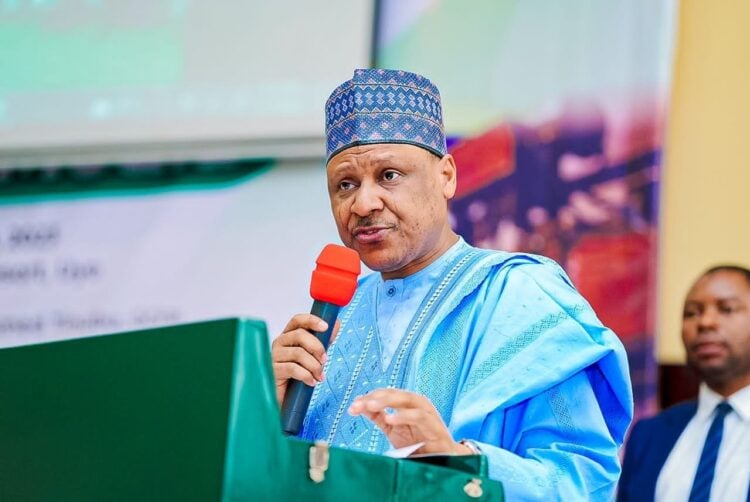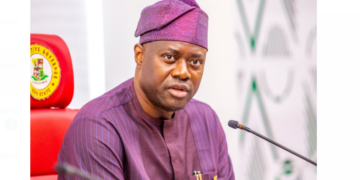The minister of Information and National Orientation, Mohammed Idris, has said that though the bold reforms by President Bola Tinubu brought initial hardship, targeted interventions are cushioning the impact.
This was even as he assured that by the end of President Tinubu’s first term, the benefits of reforms would be clearer, saying the federal government remained committed to transparency, accountability, and delivering the dividends of democracy to all Nigerians.
The minister gave the assurance yesterday at a Town Hall Meeting held at the Government House, Enugu.
He noted that from the outset, the president took bold steps: removing fuel subsidy to end decades of cronyism and unify exchange rates to bring transparency.
“While these reforms brought initial hardship, targeted interventions such as wage awards, higher minimum wage, cash transfers, food security programmes, and cheaper Compressed Natural Gas for transport, are cushioning the impact. More funds are now available to states and LGs for infrastructure and human capital development,” he stated.
The minister also pointed out that in the South-East, these funds are delivering tangible impact, such as the laudable infrastructure projects they had earlier inspected across Enugu State.
Idris also stated that by all means, Governor Peter Mbah of Enugu State is defining the sort of harmony required by the centre and the states for national development.
“The Eastern Railway Corridor from Port Harcourt through Aba and Enugu to Maiduguri is a presidential priority, with $3bn recently sought for modernization.
‘Over 1,000 primary healthcare centres have been rehabilitated nationwide, including in the South-East. Only weeks ago, we commissioned a world-class oncology and cancer centre here in Enugu.
“In a historic move, President Tinubu established new development commissions for all previously uncovered zones, ensuring no region is left behind. His inclusive governance style is evident in balanced appointments and equitable distribution of benefits,” he stated.
On security, he emphasised that the administration has invested in modern equipment, more personnel, and better intelligence gathering, weakening criminal networks. He added that unprecedented opportunities have been created for our youth, with more young people in the Federal Executive Council and agency leadership than ever before.
“Through the Nigeria Education Loan Fund, about 450,000 students have accessed loans, and nearly 90,000 Nigerians have benefited from the Consumer Credit Scheme. Recognizing the South-East’s industrial strength, the government has created three key business funds totalling ₦200bn: the Presidential Conditional Grant Scheme (PCGS); the FGN MSME Intervention Fund, and the FGN Manufacturing Sector Fund,” he stated.
He called on entrepreneurs to take advantage of these funds and embrace the “Nigeria First” policy that promotes patronage of locally made products.
“It’s delightful to see that Enugu and Imo states are among the 11 states that have received regulatory autonomy to oversee the electricity market in their states, from generation to distribution, thanks to the Electricity Act signed into law by President Tinubu at the inception of this administration.
“We expect other states of the region to key into this policy as soon as possible. Indeed, economic stability is returning; food prices are easing, forex markets stabilizing, and global rating agencies are optimistic about our trajectory toward a $1 trillion economy by 2030. While challenges remain, the progress is real,” he said.











